Warts and All Memorial
As its name makes clear, the Australian War Memorial exists to memorialise the service and sacrifice of Australians in war, as a reflection of our shared commitment to our country and each other. It does not exist to denigrate our national character nor to pander to the worst kinds of elite self-hatred so lamentably prominent across our national institutions. Yet there is a danger now that this place of honour might be turned to these subversive ends.
In the wake of the Brereton report on alleged war crimes committed by Australian SAS troops in Afghanistan, there have been calls for the War Memorial to immediately reflect the allegations in its exhibitions. Memorial director Matt Anderson has suggested that curators will indeed do just that. Similarly, former Chief of the Defence Force, Admiral Chris Barrie has suggested that the SAS exhibit be removed altogether. The prime minister has responded meekly, saying only that all such changes will need to be approved by the War Memorial’s board.
But it should be clear that it would not fit the purpose of the War Memorial to foreground the bad acts of a few soldiers. Of course, wherever criminality is proved, it should be punished to the fullest extent, and if this comes to pass, no one would suggest that it be whitewashed from the history of Australia’s war in Afghanistan. Yet it would not be, and should not be presented as, the sum total, or even the most important part, of that history. Nor should the war in Afghanistan, despite its unprecedented length, be allowed to overshadow Australia’s larger military history.
The War Memorial’s curators are charged with telling the full story of Australians at war. That story is overwhelmingly a story of courage, discipline, loyalty and other virtues, demonstrated in defence of our home, our values and our traditional liberties. Australians have fought honourably from the Sommes to Kokoda to Long Tan and beyond, including in Afghanistan.
This is the truth to which the War Memorial is dedicated. Undue emphasis on the bad acts of a few at the expense of this larger story would not be truthful. It would, in fact, be deeply misleading.
Getting this larger story wrong is unfair to service members and veterans and their families. Tens of thousands of Australians have served in Afghanistan. Hundreds of thousands have served our country. They should not be tarred with guilt by association.
Moreover, allowing these allegations to overshadow the true story of Australia’s military history is unfair to civilians as well. The story that the War Memorial and its curators exist to tell, they hold in trust for the Australian people, as a source of strength and meaning for all of us. The pride and fellow feeling engendered by contemplating the sacrifices of men and women down the generations is integral to our identity and democracy.
It has been claimed that notice can be given to these allegations in a way that avoids denigrating the longer tradition. Perhaps. But Admiral Barrie’s suggestion that a significant piece of Australia’s military history simply be erased does not inspire confidence. More broadly, we should be suspicious given the turn taken by so many of our other cultural bodies. Because just as the War Memorial is now implying that in the telling of our military history, ‘warts and all’ means mostly warts, the truth about our country is now regularly and widely misrepresented
Australia’s cultural bodies now routinely see it as their mission to subject our nation, history and traditions to relentless critique. The ABC, the universities and the bureaucracy all now insist that Australia must atone for its various sins, which together constitute, we are told, historic and systemic injustice. The institutions of Australia, and the customs that support them, are held in contempt and this contempt has been forcefully injected into mainstream culture.
This is why every national event, from Australia Day to sporting matches, is accompanied by some attempt to demoralise us. Not even the national anthem is safe. The point is to wear us down and prepare us for revolution.
Meanwhile, the real story of Australia is left untold or is actively suppressed.
The truth is this: Australia is a great democracy that has provided peace and prosperity for people from all over the world. More so than perhaps any other nation, Australia was founded on the idea that our rules and institutions should be dedicated to improving the lives of the common people, not to shoring up the fortunes of a few or implementing some grand ideological project. In this task, we have been astonishingly successful and Australians have generally enjoyed a standard of living unimaginable to our various ancestors. Our history is not, of course, an unbroken string of successes. But our failures are recognisable only as exceptions, and the proper way to think about resolving them is by drawing on our past, not by abandoning it.
Instead of celebrating our way of life, a small, self-appointed, unaccountable and heavily-subsidised cultural elite is making a concerted effort to disestablish Australian values – to separate our every institution, ranging from the smallest custom to the apparatus of state itself, from our traditional notions of the good, the true and the right and to rebuild them in the image of an ideology that is foreign to our nation and its history. The central question is which values should rule; those of this social justice ideology or those of mainstream Australians? The values that make us weak or those that have made us strong?
For a long time, the Australian military has managed to avoid being dragged into this culture war. Given the importance of Anzac and our military history to the nation, it would be an unthinkable loss were the War Memorial to become just another Australian institution alienated from mainstream values and undermining its own mission. To put it bluntly, it must not be allowed to happen.
Got something to add? Join the discussion and comment below.
Get 10 issues for just $10
Subscribe to The Spectator Australia today for the next 10 magazine issues, plus full online access, for just $10.
Andrew Bushnell is a Research Fellow at the Institute of Public Affairs
You might disagree with half of it, but you’ll enjoy reading all of it. Try your first month for free, then just $2 a week for the remainder of your first year.

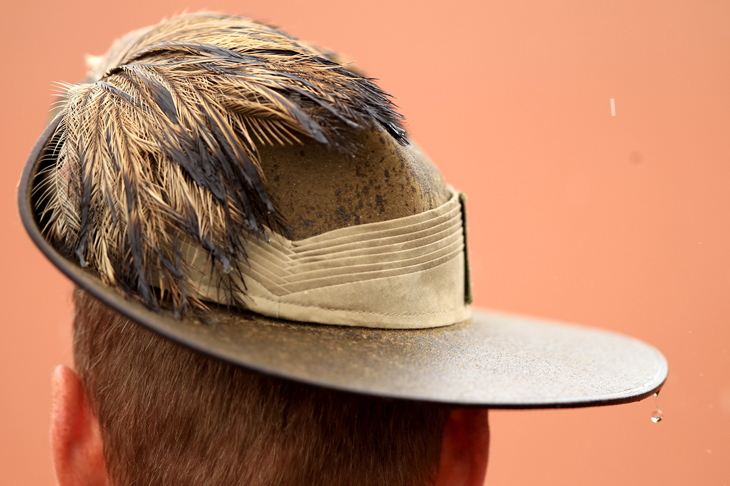
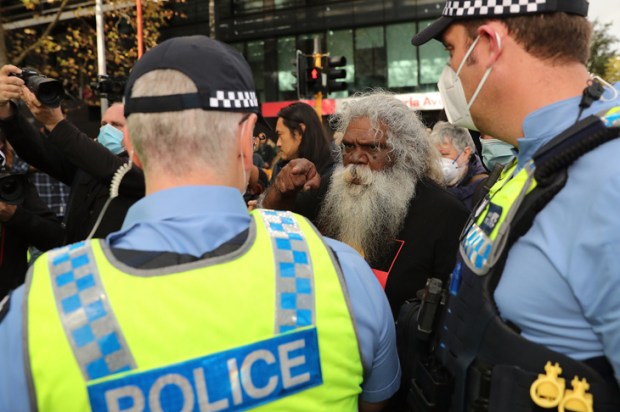
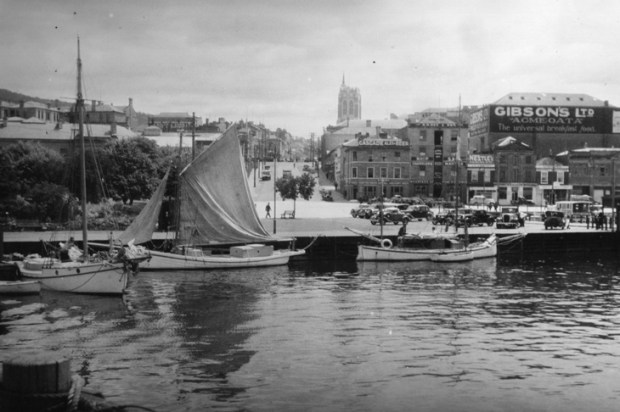
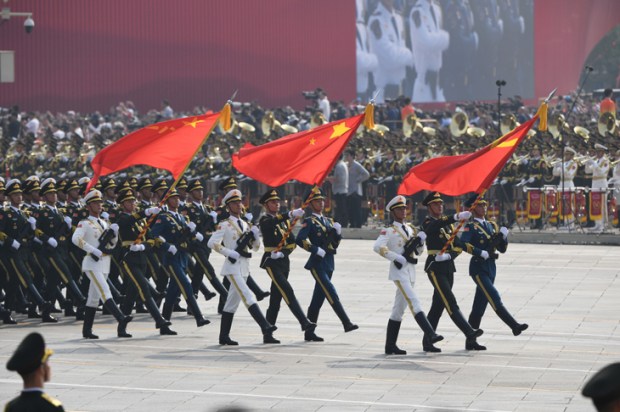
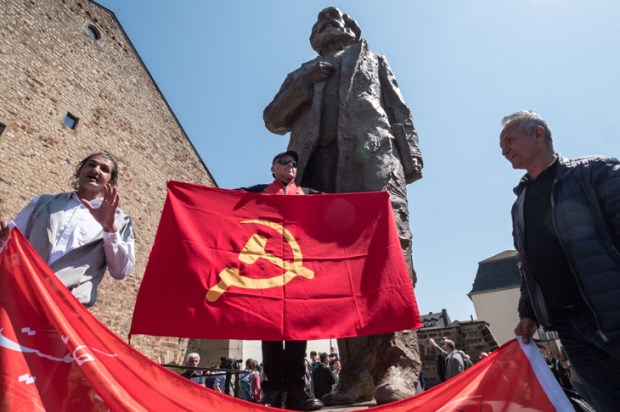
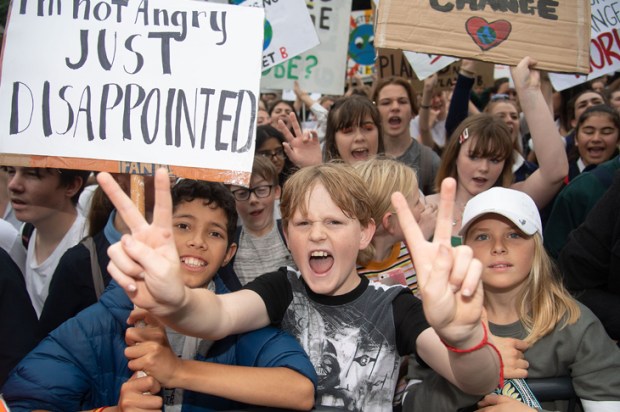
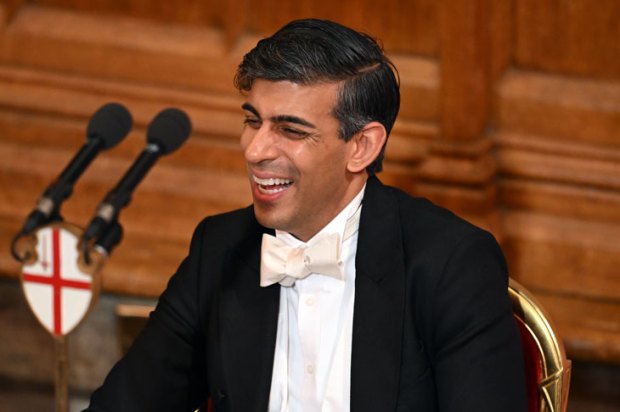






Comments
Don't miss out
Join the conversation with other Spectator Australia readers. Subscribe to leave a comment.
SUBSCRIBEAlready a subscriber? Log in